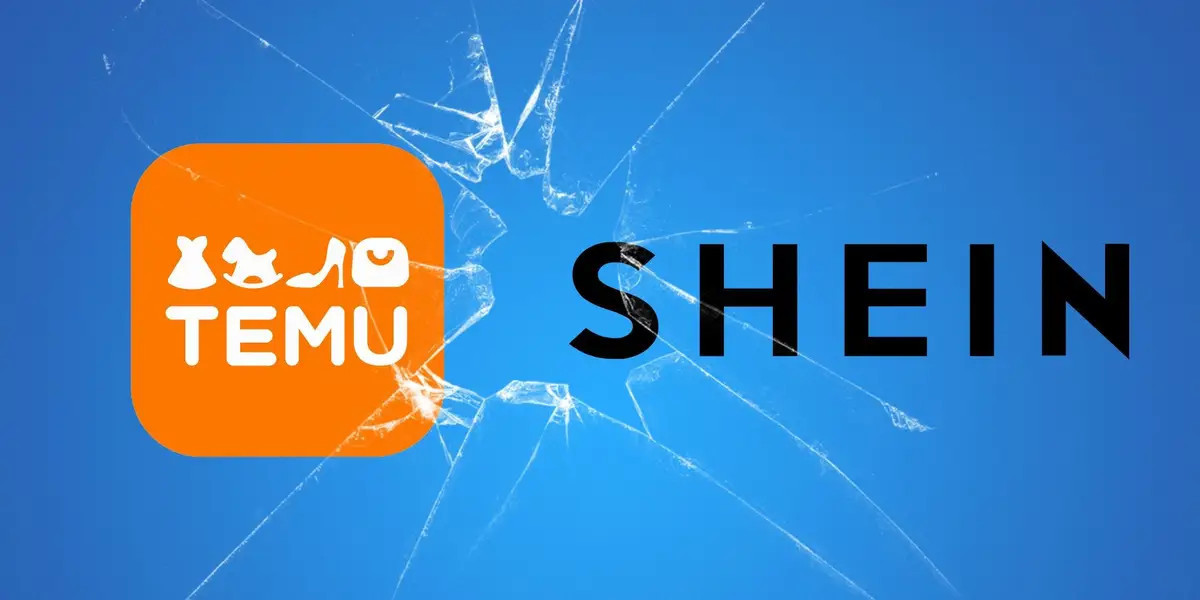However, beneath the surface of seemingly cheap deals lies a web of ethical concerns. From alleged labor violations to cybersecurity issues, this article sheds light on the darker aspects of these popular online stores.
As the digital marketplace continues to expand, online retailers like Shein and Temu have gained significant traction among South African consumers. Offering a wide array of products at unbelievably low prices, these platforms have reshaped the way people shop. However, a closer inspection reveals a troubling reality - the potential ethical pitfalls associated with these bargain buys.
One of the primary concerns revolves around the labor practices of the suppliers contracted by Shein and Temu. Reports have surfaced detailing long work hours, meager wages, and exploitative conditions endured by workers in factories producing goods for these online giants. An undercover investigation conducted in the UK uncovered instances where workers were allegedly paid paltry sums for their labor, with little regard for their well-being or rights.
Moreover, there are allegations of forced labor being used in the production of some of Temu's products, particularly in the Xinjiang Uyghur Autonomous Region of China. Despite assurances from Shein that their products are ethically sourced and manufactured, calls for independent verification of their supply chain practices persist.
Beyond labor concerns, cybersecurity issues loom large over these e-commerce platforms. Temu, in particular, has come under scrutiny for its alleged involvement in data privacy breaches and malicious software activities. Reports suggest that the company's parent entity, PDD Holdings, engaged in illicit monitoring of users' online activities and exploited vulnerabilities in Android devices. These revelations underscore the potential risks posed to consumers' personal information and digital security.
Furthermore, the economic impact of shopping from Shein and Temu cannot be overlooked. While consumers may benefit from lower prices, local industries and jobs may suffer as a result of unfair competition and tax evasion. The Department of Trade, Industry and Competition has launched investigations into allegations of import duty evasion by Shein, highlighting broader concerns about revenue loss and market distortion.
In essence, while the allure of affordable goods may be tempting, it is crucial for South African consumers to consider the broader implications of their purchasing decisions. By raising awareness of the ethical dilemmas associated with online shopping giants like Shein and Temu, this article aims to foster a more informed and responsible approach to e-commerce consumption.








